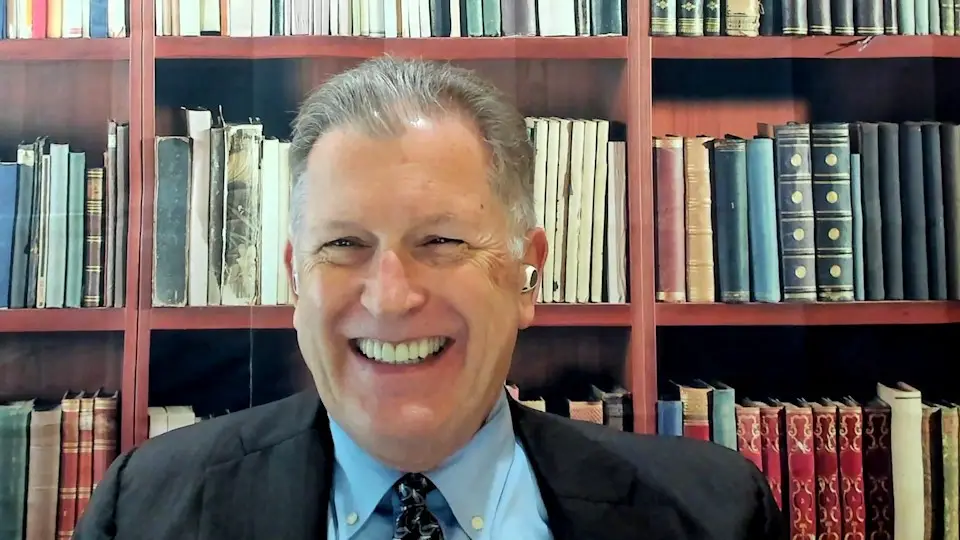In almost every instance, there exists a one-year statute of limitations on any and all claims brought against a decedent, which begins to run on the date of the decedent’s death.[1] Yeh v. Li-Cheng Tai[2], however, carves out a rare exception to this general rule by allowing a decedent’s surviving spouse additional time to bring a claim against the deceased spouse for breach of fiduciary duty, without running afoul of this one-year limitations period.
In that case, Plaintiff Francine S. Yeh (“Plaintiff”) and her husband bought a condominium together as joint tenants with rights of survivorship. The down payment, loan, and all expenses for the home were paid using their joint funds. But in order to obtain a more favorable loan on the home, Plaintiff (who had poor credit) subsequently transferred her interest in the property to her husband (who had comparably better credit). Plaintiff’s husband promised that he would later add Plaintiff’s name back to title to the property, and three days before his passing, he assured Plaintiff that the real property was hers and that she would be able to keep or dispose of it after his death.
Unfortunately for Plaintiff, several years prior to her husband’s death, but during the course of their marriage, her husband had created a trust without her knowledge. In establishing his trust, her husband executed a trust transfer deed which transferred title for the real property to his trust, the beneficiaries of which were his children from a prior marriage. The terms of this trust would therefore control the disposition of this property at his death.
Based on the above facts, approximately 18 months after her husband’s death, Plaintiff filed an action for breach of fiduciary duty and alleged that her husband had committed fraud in violation of Civil Code section 3294. Plaintiff sought damages against her husband’s children (i.e., the beneficiaries under her husband’s trust) under Family Code section 1101 (“Section 1101”), a subsection of which allows for damages in the amount of 100% of the asset(s) transferred in breach of the fiduciary duty.[3]
The husband’s children (collectively “Defendants”) relied on California Code of Civil Procedure sections 366.2 and 366.3 (“Sections 366.2 and 366.3”), which provide a one-year statute of limitations for claims based on the liability of a decedent, and on this basis, Defendants filed a demurrer claiming that the statute of limitations on Plaintiff’s Section 1101 claim had already passed. The trial court agreed, and sustained Defendant’s demurrer.
The Court of Appeal, however, reversed the trial court’s finding, and ruled that Plaintiff’s claims were not time barred. In so ruling, the Appellate Court relied on the plain language of Section 1101, as well as on common rules of statutory construction.
Indeed, Section 1101 (which creates a cause of action for breach of fiduciary duty by one spouse against the other for impairment of the claimant spouse’s interest in community property), contains its own statute of limitations for breaches of fiduciary duty occurring within the context of a marriage. And moreover, in determining the limitations period, Section 1101 further distinguishes between claims made during a marriage with those claims made at dissolution or death.
Pursuant to Section 1101, the statute of limitations is normally three years from the date when the claimant spouse learns of the transaction which they seek to remedy. However, as reflected in Section 1101(d), the three-year statute of limitations does not apply where the claim is brought by a spouse upon the death of the offending spouse or in conjunction with a legal action for dissolution, separation, or nullification of the marriage.[4] Instead, claims for breach of fiduciary duty brought against a decedent under Section 1101 are limited only by the equitable doctrine of laches[5] and not by any set statute of limitations.
These provisions, however, are in direct conflict with Sections 366.2 and 366.3, which both provide that claims against a decedent must be brought within one year of the decedent’s date of death.[6]
In resolving this conflict, the Court favored the specific nature of Section 1101(d) over the general statute of limitations included in Sections 366.2 and 366.3: “When two statutes of limitations are applicable, the specific takes precedence over the general.”[7] Here, Section 1101 is more specific than Code of Civil Procedure sections 366.2 and 366.3, as Section 1101 governs the specific limitations period for breach of fiduciary duty claims between spouses, whereas Sections 366.2 and 366.3 generally govern claims which could have been brought against a decedent.
In addition to this test of general versus specific application, the Court of Appeal also relied on the principle that in a battle between conflicting statutes, the later-enacted statute should supersede the earlier one. The later-enacted statute is given deference on the basis that the Legislature was aware of the existence of the earlier-enacted statute when it enacted the newer statute and presumably enacted the new statute in order to provide additional guidance. On this point, Section 366.2 has been enacted in California laws in some format since 1850, whereas the substance of Section 1101 was not enacted until 1986.
Finally, Defendants argued that Plaintiff’s claim should be time-barred by Probate Code section 16061.8, on the basis that the claim constituted a trust contest under Probate Code section 21310(b)(5), and was therefore subject to that statute’s 120-day limitations period. However, the Court opined that in order for an action to constitute a trust contest such that it would trigger the application of this 120-day limitations period, it must have been brought by a beneficiary of the trust, and here, Plaintiff was not (and never had been) a beneficiary of decedent’s trust. On that basis, the Court held that section 16061.8 does not apply. Plaintiff was therefore awarded her costs on appeal, and the case was remanded to allow Plaintiff to present her claim under Section 1101, as Defendants had not raised laches as a defense.
This is an important case for any surviving spouse who may have a claim against their predeceased spouse for breach of fiduciary duty. While the surviving spouse cannot unreasonably delay in bringing their claim (which might give rise to the equitable defense of latches), they may be able to bring their claim after the traditional one-year statute of limitations has passed.
____________________________________________________________
[1] See Code Civ. Proc. §§ 366.2, and 366.3.
[2] Yeh v. Li-Cheng Tai (2017) 18 Cal.App.5th 953.
[3] Damages for a breach of a spouse’s fiduciary duty typically include fifty percent of any asset which was not disclosed or which was transferred in breach of the fiduciary duty, plus attorney’s fees and costs. An award of punitive damages, however, may result in one hundred percent of any undisclosed or transferred asset being granted to the injured spouse. See Fam. Code § 1101(g-h).
[4] The rationale for this distinction, as articulated by the statute’s author is “to apply absolutely no pressure on spouses to undertake such litigation during the ongoing marriage.” Yeh, 18 Cal.App.5th at 961.
[5] Laches is the failure to assert a right without unreasonable delay. See, e.g., Getty v. Getty (1986) 187 Cal.App.3d 1159.
[6] Section 366.2 applies to claims that could have been brought against the decedent had the decedent lived. Pursuant to that provision, such claims must be brought within one year of the decedent’s death. Section 366.3 provides for a one-year statute of limitations for claims “arising from a promise or agreement with a decedent to a distribution from an estate or trust or under another instrument . . . .” In Yeh, the Court of Appeals found that the promise alleged by Plaintiff was not a testamentary promise concerning distribution from an estate or trust but rather was alleged to be a promise made by the husband while he was alive that his wife would be added to the title to the property. The Court made the distinction that although the deed may be considered “another instrument”, it could not be considered an instrument of distribution, as intended by Section 366.3.
[7] Yeh, 18 Cal.App.5th at 963.










